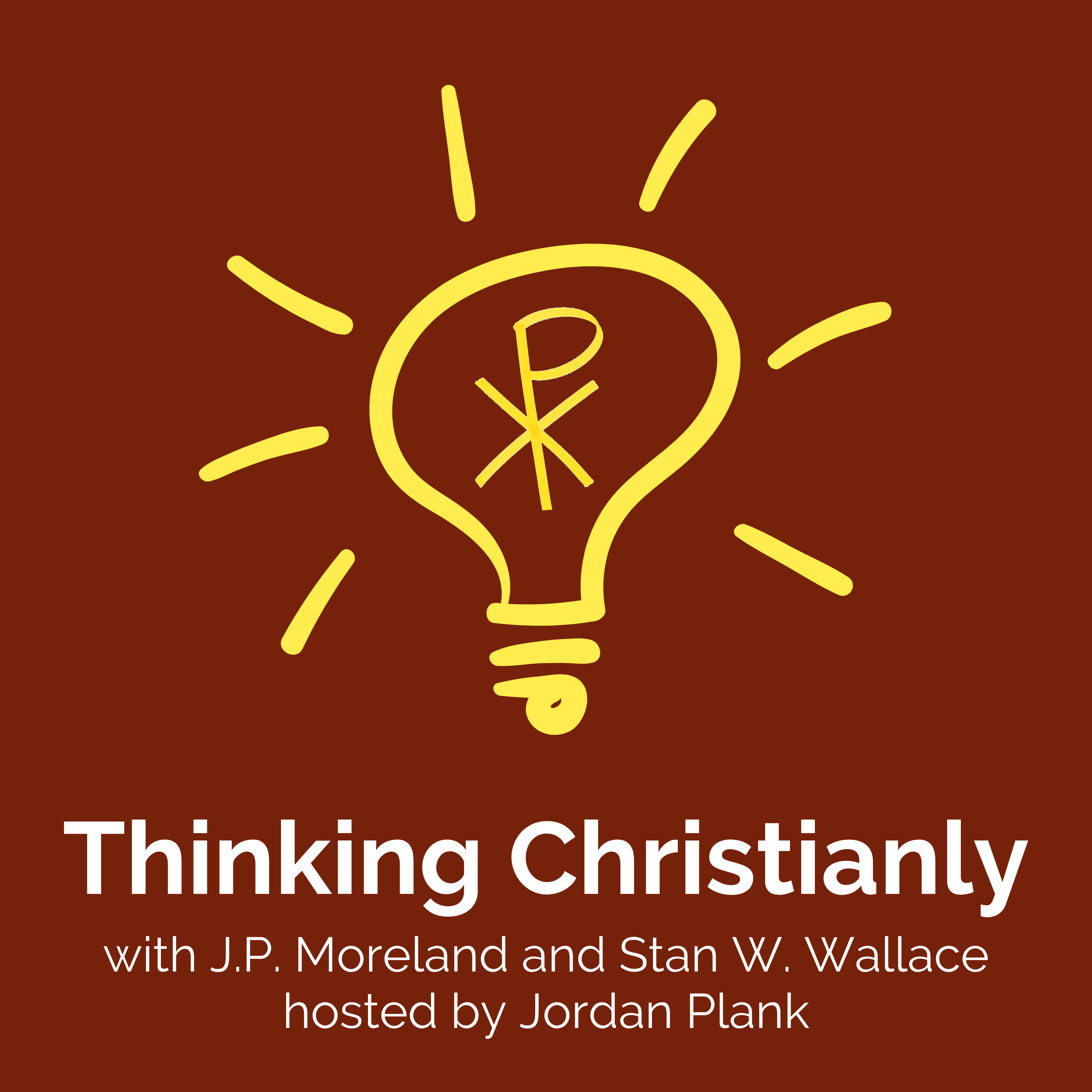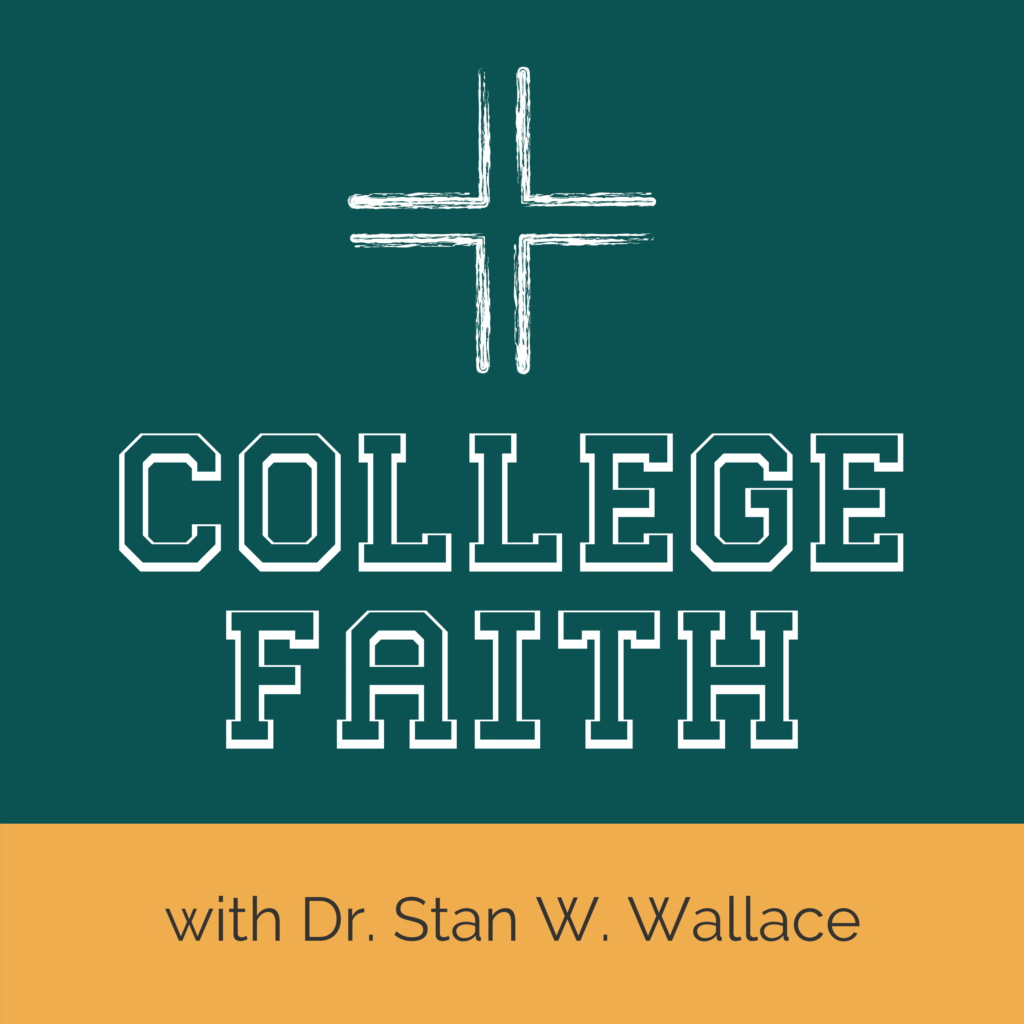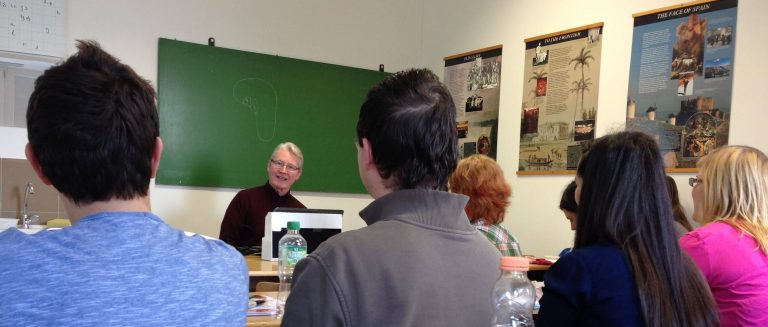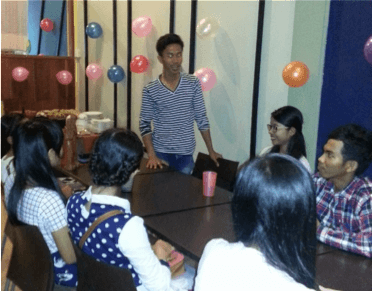When I saw the subject line “Seeds of Doubt” on John and Laura’s recent update, it immediately caught my attention. After all, we often think of Global Scholars professors as sowing seeds of faith. But John’s explanation of seeds of doubt encouraged me, and I think it will encourage you as well.
During the seven and a half years we’ve been teaching internationally, we’ve seen a number of students become Christians and have been witnesses to their baptisms. However, we also are encouraged when we see indications that students are doubting the secularism they arrive with, or questioning their convictions that Christianity is a set of irrelevant myths.
Here’s a sampling of some of those “seeds of doubt.” Some of these are from recent individual conversations, and others are from student evaluations from my Worldview course this fall:
- An Iranian student spoke about how when he came to university, he hated all religion because of what he sees it doing to people, and thought he was an atheist. “Now I’m seeing the possibility of God in a whole new way.”
- A student from Belarus: “I got rid of many stereotypes about Christians. Because of my previous negative experience with Christians, I was really biased in many different ways about religion.”
- A student from Ukraine, who has some Christian background: “I was a committed agnostic before this class, and I didn’t want to think about all these topics. In the course, I became more loyal to Christianity.”
- A student from Kazakhstan: “I became more considerate and curious about theistic faith.”
- A Lithuanian student: “I didn’t know that the New Testament was written based on what people heard from eyewitnesses who actually saw Jesus.”
- An Iraqi student: “My worldview was mainly based on science, and I was confident. However, this course opened my eyes to many things. Even though I consider myself an agnostic, I do find Jesus’ character rather puzzling. If I ever reach a point where my brain is ready to believe, I think Jesus’ character, qualities and virtues will be my belief.”
- A Russian student: “I used to have a more secularist idea of life, but after this course I started to think a lot about God, since I saw good reasons for why it is more rational to believe in God.”
That’s a long list, and I could list other responses from Christian students who found their faith deepened and strengthened in the course. Of course, there were plenty of non-Christian students who indicated that they saw no reason to seriously rethink their skepticism. Obviously, we would prefer ─ and we pray ─ that all of our students immediately become committed Christians. But since the majority of our students arrive at our college never having met a real Christian and have no prior understanding of the Bible, we consider these expressions of doubting their secularism to be encouraging.
Please pray for good fruit as John, Laura, and Global Scholars professors around the world sow seeds of doubt and faith. Thank you for your support of this vital ministry.
Italicized names have been changed to protect identities.
What is real? This has been a defining question in our modern era. How should a thinking Christian answer this question? In this episode of the Thinking Christianly podcast, J.P. and I describe the foundational beliefs and distinctions necessary for addressing this central issue in grace and truth.
My guest in this episode of the College Faith podcast is Dr. Phil Bishop, Emeritus Professor at the University of Alabama. Due to the pressures he faced as a student and then as a professor at a leading university, Phil has thought much about the whys and hows of managing his time so well as to excel both professionally and spiritually. He shares some of what he’s learned about time management.






